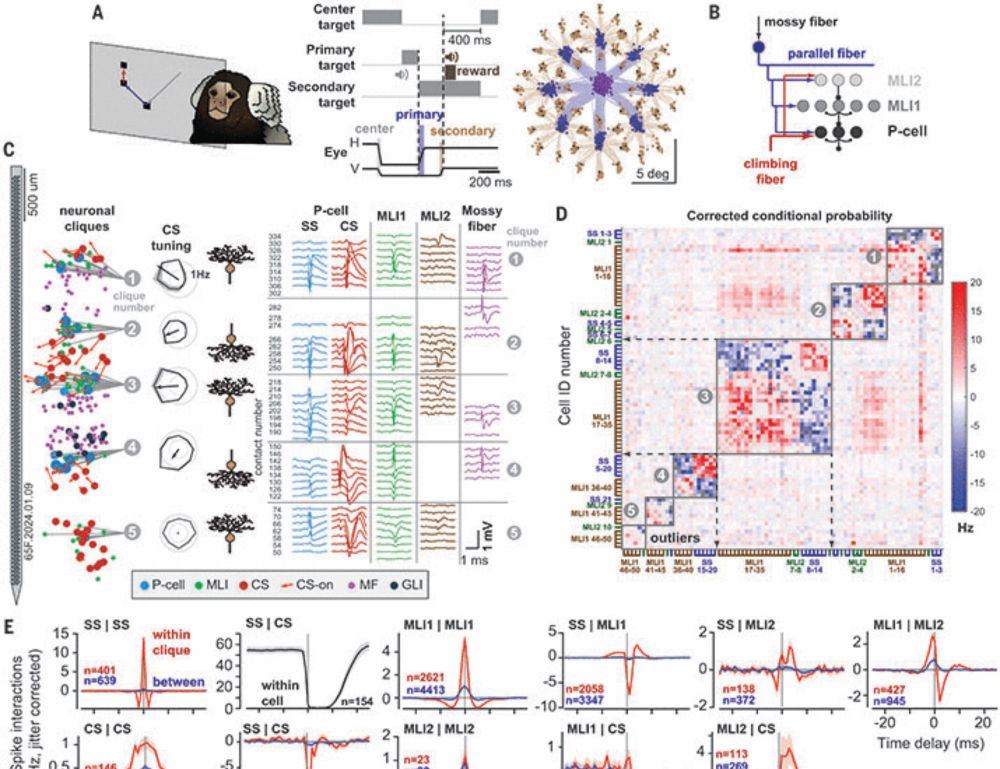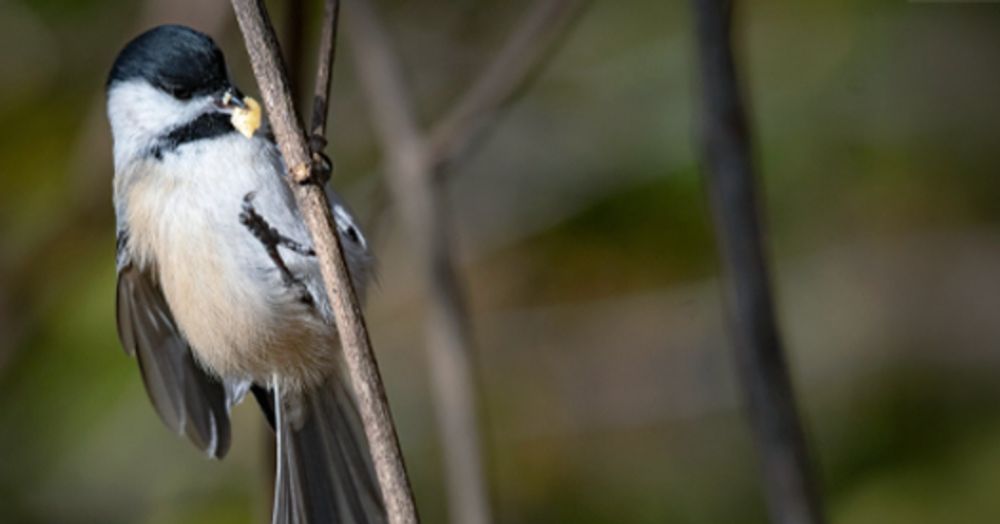Reza Shadmehr
@rezashadmehr.bsky.social
560 followers
680 following
53 posts
Father, husband, scientist
Posts
Media
Videos
Starter Packs
Reza Shadmehr
@rezashadmehr.bsky.social
· Jul 30

Middle Eastern Systems Neuroscience Symposium
Join the Middle Eastern Systems Neuroscience Symposium on November 14, 2025, at UCSD Faculty Club, San Diego, in conjunction with the Society for Neuroscience (SfN) meeting. This event fosters scienti...
www.middleeastneuro.com
Reza Shadmehr
@rezashadmehr.bsky.social
· Jun 18
Reza Shadmehr
@rezashadmehr.bsky.social
· Jun 11
Reza Shadmehr
@rezashadmehr.bsky.social
· May 23
Reza Shadmehr
@rezashadmehr.bsky.social
· May 22

A vector calculus for neural computation in the cerebellum
Null space theory predicts that neurons generate spikes not only to produce behavior but also to prevent the undesirable effect of other neurons on behavior. In this work, we show that this competitiv...
www.science.org



















